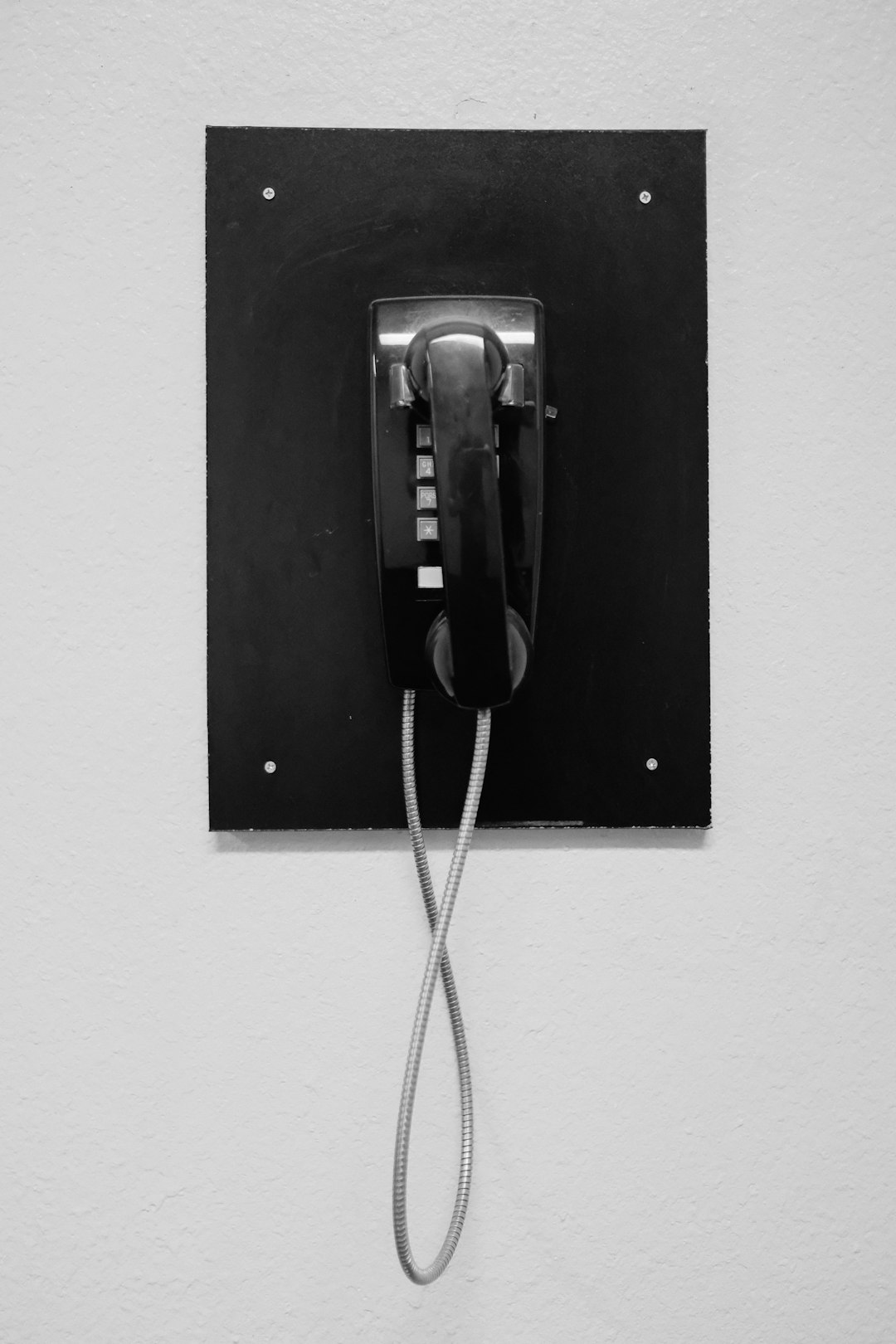Montana's Spam Call law firm (MTCPA) protects residents from unsolicited debt collection calls by banning promotional calls without consent. Debt collectors adhere to strict rules including identification, calling hours, and consumer debt validation rights. Violations lead to fines and attorney fees. Document spam calls and consult a local attorney for protection under Montana's robust consumer protections against harassing debt collection practices.
In Montana, debt collector communication is subject to strict regulations designed to protect consumers from aggressive or misleading tactics. The state’s Anti-Spam Law specifically targets debt collectors, limiting their use of automated calls and requiring clear, concise communication. This article explores key aspects of Montana’s debt collection laws, including legal guidelines for call communication, consumer protection against harassment, and ethical practices that law firms must adhere to, emphasizing the importance of compliance in the debt recovery process. For Montana residents facing debt issues, understanding these rules is crucial when engaging with debt collectors or considering legal action through a spam call law firm.
Montana's Anti-Spam Law for Debt Collectors

Montana has specific laws in place to protect residents from intrusive and unwanted debt collection practices, particularly spam calls. The state’s Anti-Spam Law, also known as the Montana Telephone Consumer Protection Act (MTCPA), imposes strict regulations on debt collectors operating within its borders. This law prohibits debt collectors from making telemarketing or spam calls to Montana residents without their prior express consent.
The MTCPA defines spam calls as those made for promotional purposes, including collection activities, and requires debt collectors to obtain written permission before initiating such communications. Violations of this law can result in significant penalties, including actual damages, statutory damages up to $1,000 per violation, and attorney fees. If you’ve received spam calls from a law firm in Montana, it’s advisable to document the calls and consider consulting with a local legal expert specializing in consumer rights to understand your options and protect yourself under Montana’s Spam Call law.
Legal Guidelines for Call Communication

In Montana, the communication practices of debt collectors are heavily regulated to protect consumers from aggressive or harassing tactics. The state’s debt collection laws outline specific guidelines for call communications, including restrictions on when and how often collectors can contact individuals. According to the Montana Spam Call law firm regulations, debt collectors must obtain consent before calling, and each call should be made with respect to the consumer’s privacy. They are prohibited from using abusive, threatening, or harassing language during conversations.
Debt collection agencies in Montana are required to identify themselves clearly and provide the purpose of their call. Collectors cannot call at unreasonable times, typically before 8 a.m. or after 9 p.m., unless the consumer has given prior consent. Additionally, they must allow consumers to request validation of the debt, meaning collectors should provide proof of the debt’s existence and amount when requested by the debtor. These legal guidelines are in place to ensure fair practices and prevent consumers from falling victim to unjust treatment during debt collection processes.
Protecting Consumers from Harassment

In Montana, consumers are protected from harassing debt collection practices under state laws and federal regulations, such as the Telephone Consumer Protection Act (TCPA). These rules aim to prevent spam calls and protect individuals from excessive or aggressive debt collector communication. Debt collectors must adhere to strict guidelines regarding frequency, manner, and timing of contact attempts.
Consumers have the right to request that their phone number be removed from a debt collector’s call list, known as “do-not-call” status. Violations of these rules can lead to significant penalties for debt collection firms, including monetary fines. It is crucial for both debtors and creditors to understand their rights and responsibilities under Montana’s debt collection laws to ensure fair and lawful communication processes.
Ethical Practices in Debt Collection

Debt collection practices in Montana are governed by both state and federal laws, emphasizing ethical conduct to protect consumers from aggressive or unfair tactics. The Montana Debt Collection Act outlines specific rules and regulations, including restrictions on when and how debt collectors can communicate with individuals. One key aspect is the prohibition against spam calls, ensuring that collectors respect consumers’ privacy and peace of mind.
Under these guidelines, debt collection law firms in Montana must adhere to reasonable hours for contacting debtors, avoid persistent or harassing behavior, and provide clear disclosures about the nature of their business. Ethical practices promote transparency, allowing debtors to understand their rights while holding collectors accountable for maintaining a respectful and lawful communication standard. This balance is crucial in fostering trust between collectors and consumers, especially when navigating challenging financial situations.






